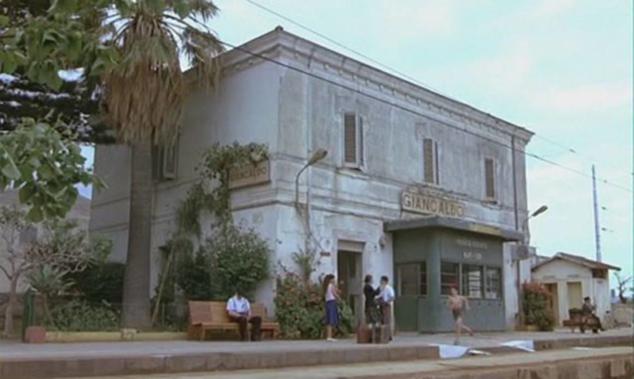Cinema Paradiso
by Ennio Morricone
Eileen Gilligan Flute, Daniel Le – Cinema Paradiso
Why choose Cinema Paradiso to play and record.? I believe to find one’s musical voice as a player or to teach a student to find their musical voice, melodies have to be explored and mastered. Marcel Moyse opened the door to us with Tone Development Through Interpretation, his marvellous book of Arias and melodies. He was a great educator and mind opener with a legacy that will last generations to come. I believe he wanted educated players who connect and think about what they are playing and trying to say musically.
Cinema Paradiso is in the category of melodies that have strong subject matter that is wonderful to empathise and connect with. A story of multiple loves and passion. Perfect to practice empathy in interpretation. This is something that the more one practices and thinks about it the better one gets at it. This changes everything for me in the tone, colours and finesse I can produce and the connection I can establish with the listener.
About the movie:
Cinema Paradiso’ has accomplished the nostalgia of entertainment with a deep perspective on life.
The work of Giuseppe Tornatore, one of Italy’s premier film directors and screenwriters. Cinema Paradiso has been appraised as amongst the most critically acclaimed works of art in Italian film history.
The heart of this film lies in the relationship between two boys, the younger, named Salvatore, and the older, named Alfredo, who serves as his father figure and mentor. Salvatore, who has adopted the loving nickname of Toto, is introduced to film from a very young age. For hours, Alfredo teaches Salvatore the art of projecting films, and the two begin to share a deep love and passion for cinema. Salvatore spends countless hours in the cinema, watching films and learning from his newfound master.
Cinema has always been an important part of Italian culture, and the country has also contributed significantly to the world of art and culture. Italy has the distinction of having the oldest film festival in the world, known as the Venice Film Festival, which first started in 1932. Italian cinema has since made significant contributions to the creation of the neorealist movement in the 1940s by pioneering films that focused mainly on the struggles of everyday people.
This theme is clearly represented in Cinema Paradiso as the world of theatre also becomes a central part of Salvatore’s life as well as the people in his small town. The town theatre serves as a gathering place for the community, a source of inspiration and entertainment, while also being a refuge from the realities of their daily lives. The film beautifully captures the magic of cinema with its simultaneous ability to transport us from another time and place.
As Toto grows older, he begins to question his future and whether or not he wants to stay in his small town or pursue his dreams elsewhere. The film portrays the struggle between tradition and modernity, as Salvatore grapples with the idea of leaving behind the comforts of his hometown and pursuing his creative passion.
The film’s climax is a powerful and emotional tribute to the greatness that film has and the memories it can create. As Salvatore comes back to his hometown after years of failing to return, following the orders of Alfredo, he comes to terms with the duplicity of life. Salvatore comes to Alfredo’s funeral and is presented with a gift from his old friend, a reel of film containing all the censored kissing scenes that Alfredo had been ordered to cut by the town priest over the years. This touching moment is a reminder of the sacrifices and dedication that goes into the creation of cinematic magic and masterpieces. The film’s themes extend far beyond just the importance of cinematography.
It explores the confines of love, the love between Toto and his parents, the love between Toto and his childhood sweetheart Elena, and the love between Toto and Alfredo. The significance of the themes of the movie persist as loss and grief become a touching subject for Salvatore to deal with.
Here is the set of the movie on which Cinema Paradiso was filmed. The set was eventually destroyed when the filming of the movie had ended.

Trailer of the movie.
Flute Players
Become a member for access to detailed playing notes and tools to be able to understand and interpret this piece and others.

Recent Comments